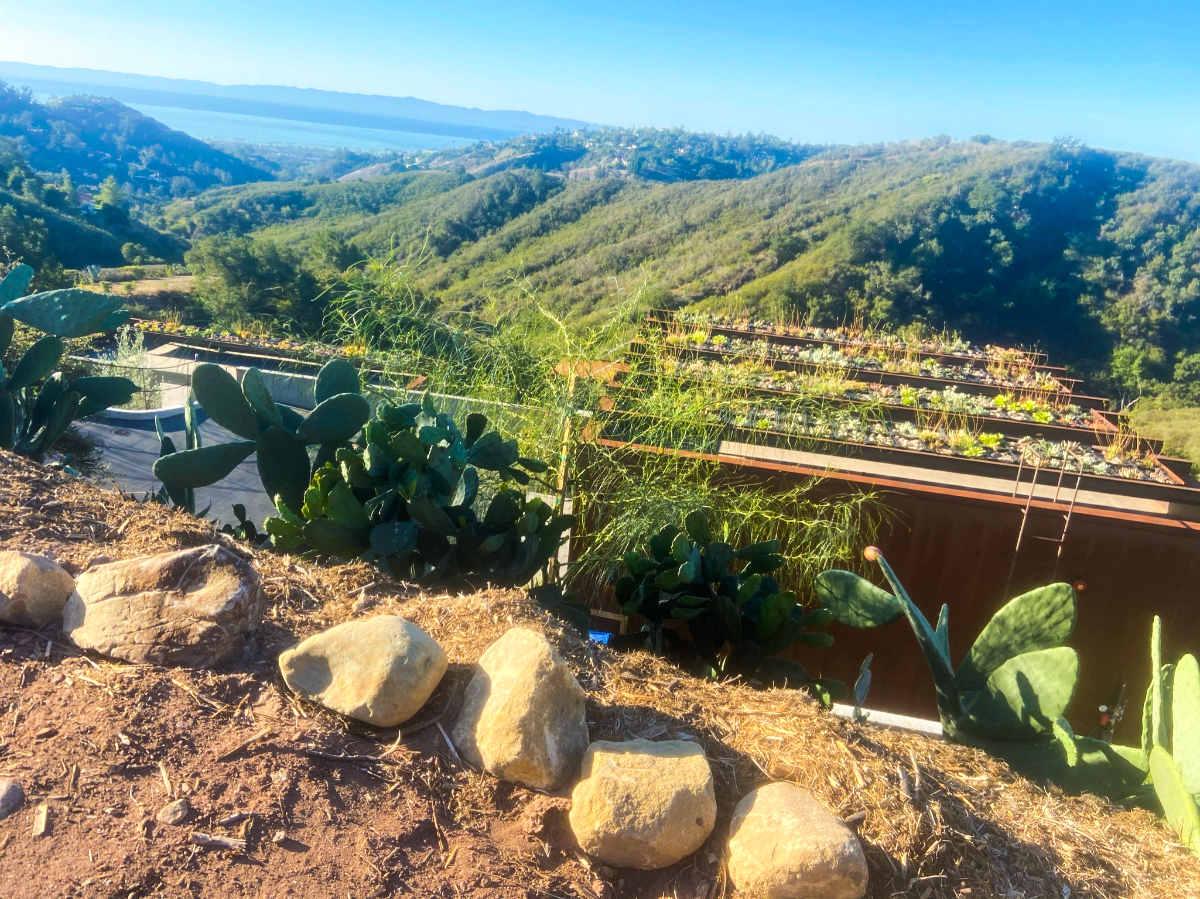I think it’s safe to say that most of us are thinking about how to grow our lives again in one way or another after the pandemic.
When it comes to cultivating the right conditions for growth, I like to talk with my good friend, and farmer, Jay Ruskey of Frinj Coffee. Jay is the leader in innovative organic coffee farming on the California coast and always starts a conversation with an incredible pour-over.
If you ask Jay what’s the most important factor in preparing for growth, he’ll say it’s the soil.
Jay uses a layered agriculture system where avocado trees support climbing passion fruit vines; passion fruit vines shade coffee trees; and these diverse plantings make for rich, healthy, fertile soil.
With good soil, your crops stand a much better chance of success. And exactly the same goes for cultivating your own psychological “soil.”
As well as providing a great analogy for personal growth, Jay also is very literally a model of psychological flexibility as well. As a farmer in Southern CA he has faced drought, fire and the uncertainty that is increasingly coming with global warming. Rather than fighting change, Jay has creatively adapted, while staying true to what he loves: science, sustainable farming, and really good coffee.
Whether you want to grow healthy relationships, meaningful work, or new healthy behaviors, start by preparing your own personal soil with:
- Self-care
- Self-compassion
- Intentional use of time
Self-care
When I interviewed Dr. Robyn Gobin, author of The Self-Care Prescription, she noted that self-care isn’t always just manicures and bubble baths. Self-care is asking yourself on a soul level what you need.
To practice self-care today:
- Tune into your body’s needs. What are your hunger and fullness levels? What are your needs for movement and rest?
- Tune into your needs around social self-care. What are your social needs, what are your alone-time needs?
- Tune into your needs at the soul level. What do you need spiritually and emotionally to prepare your soil to be more psychologically flexible?
Self-compassion
There are a lot of great strategies to build a more compassionate mind. Self-compassion involves being present with yourself when you are struggling and turning toward your suffering with kindness and courage.
To practice self-compassion today:
- Take a listen to my interview with Dr. Christopher Germer, author of Mindful Self-Compassion
- Use Pranayama (breathing) to cultivate compassion systems in your body and soothe your nervous system
- Notice when your inner critic starts crowing today and practice turning toward a more compassionate voice with yourself
Intentional Use of Time
Although I often tell my spouse, “I just need one day this week and then I can get it all done” the reality is, I don’t. There’s not enough time to do everything I want to do. But there is enough time to do the things I do with more intention. Intentional use of time means prioritizing what is most important to you, and being present in your life while you are doing it.
To practice intentional use of time today:
- Start a journal practice where you “get your ducks in a row” for the day
- Listen to my interview with Dr. Stephan Reichshaffen, author of Timeshifting, on how to slow down and live with more intention
- Use boundary setting with your time. Create boundaries around work time and playtime. Family time and screen time. Take a listen to boundary expert Nedra Tawwab to learn more about effective strategies to create boundaries between yourself and others
Together, self-care, self-compassion and intentional use of time will support whatever it is you want to grow in life. Tend to your soil first and you will harvest the benefits.

+ show Comments
- Hide Comments
add a comment